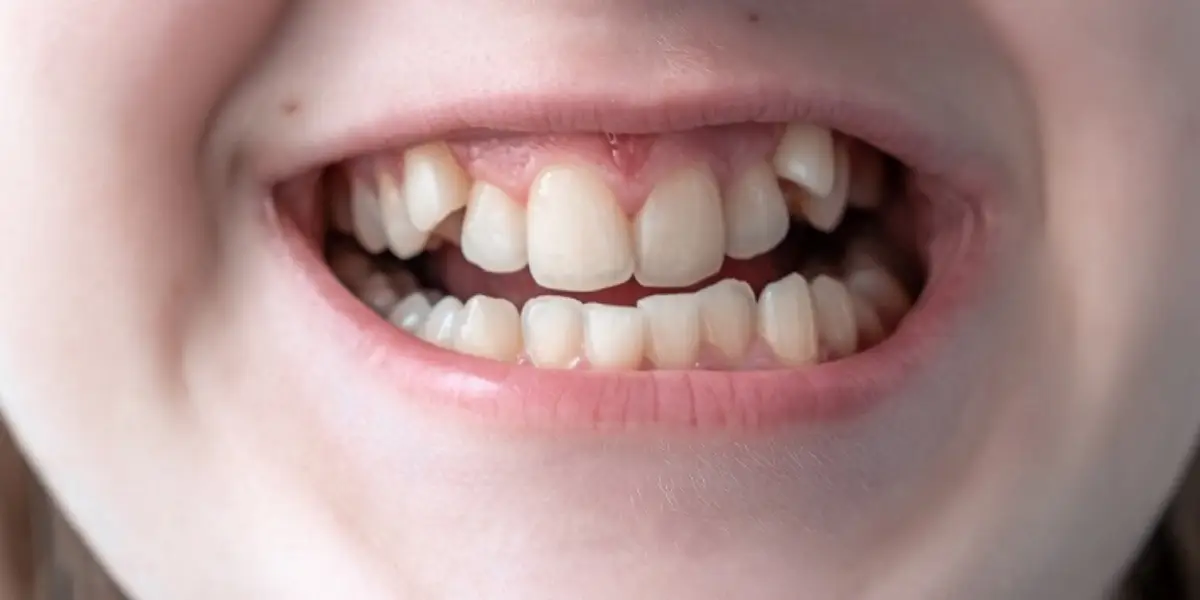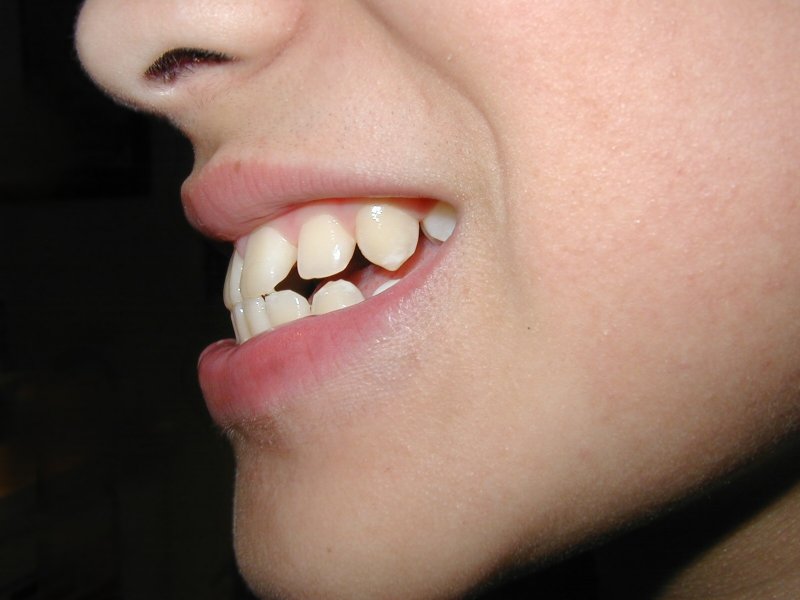When Should You Bring Your Child To An Orthodontist?

The Importance of Early Orthodontic Evaluation for Children
Introduction: As parents, ensuring the best for your child’s health includes paying attention to their oral development. Orthodontic evaluations at an early age are crucial not only for aesthetic reasons but also for proper oral health. In this blog, we’ll explore why early orthodontic evaluation is essential, the best time for your child to see an orthodontist, and signs that may indicate the need for an early visit.
When to Bring Your Child to an Orthodontist: The American Association of Orthodontists recommends that children receive their first orthodontic evaluation by the age of 7. This early assessment allows orthodontists to catch potential issues before they develop into more complex problems. While not every child will need immediate treatment, early evaluation provides a baseline for monitoring your child’s dental growth and development.
Key Reasons for Early Orthodontic Evaluations:
Identifying Malocclusions: Misaligned teeth can lead to difficulties in biting, chewing, and maintaining oral hygiene. Early detection allows for timely interventions, potentially simplifying future treatments.

Addressing Crowding: Crowded teeth can hinder proper cleaning, increasing the risk of cavities and gum disease. Early intervention can guide teeth into better positions as they erupt.

Correcting Bite Issues: Problems such as overbites, underbites, and crossbites can affect jaw alignment and function. Addressing these issues early can prevent more severe complications like jaw pain and speech impediments.

Curbing Harmful Habits: Habits like thumb-sucking and prolonged use of pacifiers can impact tooth and jaw development. An orthodontist can suggest strategies to break these habits early.
Improving Speech: Misalignments can interfere with a child’s ability to speak clearly. Correcting these issues can improve speech and boost confidence.

Signs Your Child Might Need Early Orthodontic Treatment: Parents should watch for certain indicators that suggest a visit to the orthodontist might be necessary:
- Crowded or Crooked Teeth: Visible misalignment or overlapping teeth.
- Difficulty Chewing or Biting: If your child struggles or shows discomfort while eating.
- Mouth Breathing: Regular breathing through the mouth instead of the nose.
- Teeth Grinding: Often heard at night, this can indicate bite problems.
- Loss of Baby Teeth Either Too Early or Too Late: Deviations from normal dental developmental stages may necessitate orthodontic evaluation.
Conclusion: Early orthodontic evaluations are more than just planning for a future of straight teeth—they’re about laying the foundation for good oral health. By having your child evaluated by an orthodontist by age 7, you’re taking proactive steps to ensure they grow up with a healthy, beautiful smile. Remember, early intervention can simplify future treatments and contribute significantly to the well-being of your child’s dental health.
Visit Our Blog for More Insights: Stay informed and empowered about your child’s dental health by visiting our blog at Sly Academy. Explore articles, tips, and resources designed to support parents every step of the way in their child’s oral health journey.











